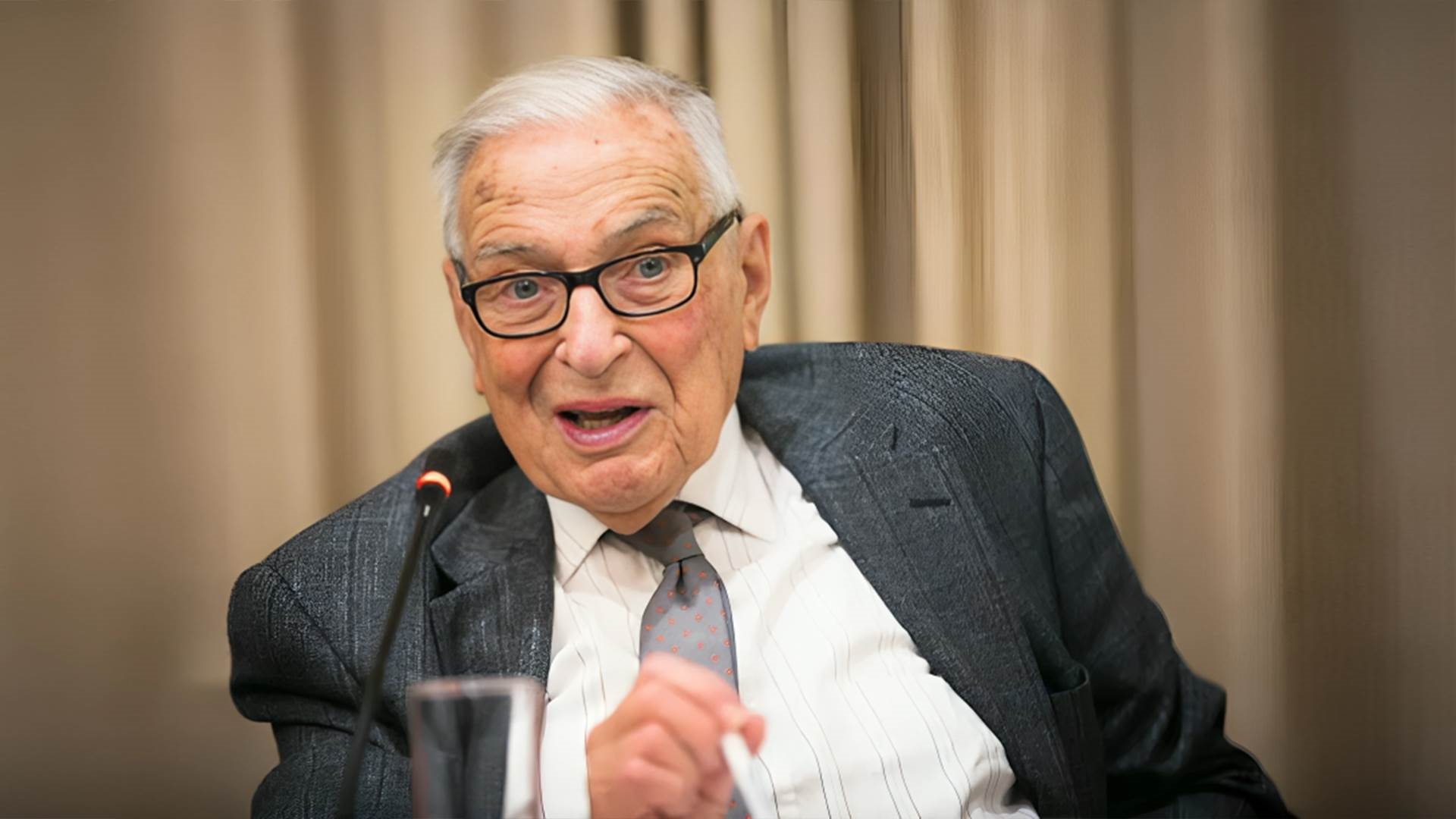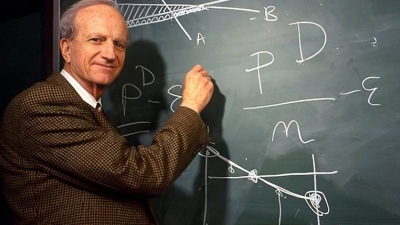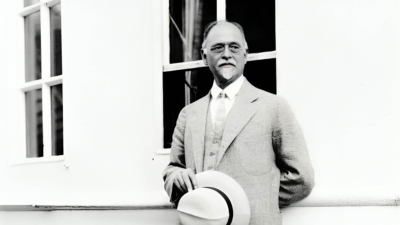Kenneth Arrow the most notable economist of the 20th century
First Bank

Kenneth Arrow is one of the most influential economists of the twentieth century, making significant contributions to various areas of the economy including general equilibrium theory, welfare economics, social choice theory and health economy.
Kenneth Joseph Arrow was born in August 1921 in New York, United States of America, and studied high school at Townsend Harris High School.
He graduated from New York University in Social Sciences in 1940, and then completed his studies in mathematics
He got doctorate in law from the Universities of Chicago and New York, and doctorate in social and economic sciences from the University of Vienna.
Arrow worked at the Rand organization, also served as an assistant professor of economics and statistics at Stanford University, and remained in that position until 1968, eventually becoming a professor of economics, statistics and operations research, and in the same period was a fellow of social science research.
In 1952, he became a fellow at the Center for Advanced Studies in Behavioral Sciences, from 1956 to 1957, he became an economist in the Council of Economic Advisers, and in 1962 he became head of economics at Stanford.
From 1953 to 1956, Arrow became a fellow of Churchill College (Cambridge) and returned again from 1962 to 1963, returning a third time from 1963 to 1964 and also again in 1970.
He held many other important positions, most notably as President of the Economics Society, President of the Institute of Administrative Sciences, Professor of Economics at Harvard University, and was also elected a member of the National Academy of American Sciences and Philosophy.
He was a fellow at the American Academy of Arts and Sciences, Sports Economics, the Institute of Sports Statistics and the American Statistical Association, and also served as President-elect of the American Economic Association.
Arrow presented several theories, most notably impossibility theorem, which he worked on in his doctoral thesis in 1951, when he published "Social Choice and Individual Values".
He received several awards, most notably the 1972 Nobel Prize in Economics, with John Hicks, John von Neumann Award, the National Science Necklace, and the John Bates Clark Medal.
Kenneth Arrow left our world in 2017 at the age of 95, leaving behind an economic legacy that new generations are still learning from.








